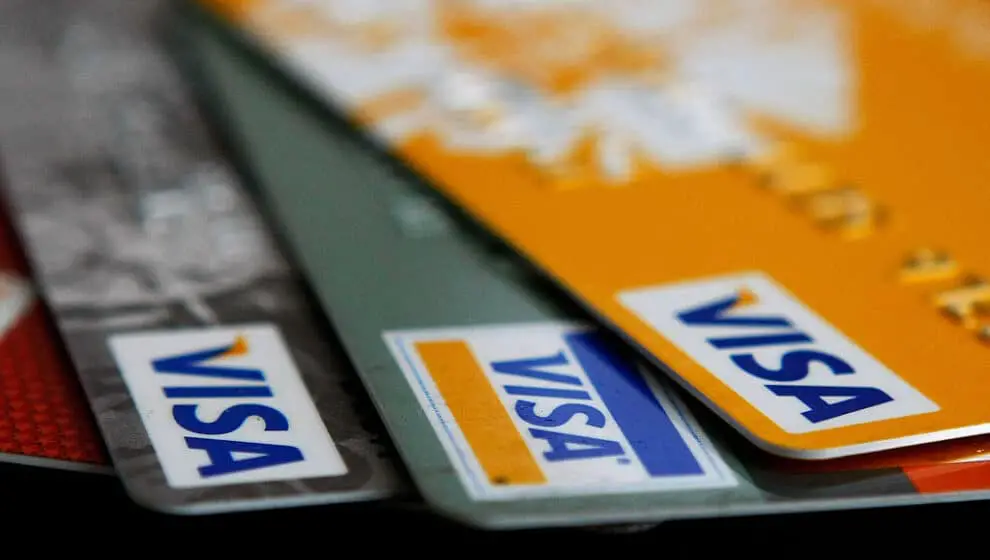Visa is partnering with other financial services to offer a new payment option that allows people to send money to friends using different payment methods.
Key Details
- Visa+ is a new service allowing users to send payments from all of its partnering payment services.
- Companies that have committed to the service include Venmo, PayPal, Western Union, TabaPay, i2C, and DailyPay.
- Other popular apps CashApp, Apple Pay, and Google, have yet to join Visa+, but the company hopes they will participate in the future.
- The company plans to start making Visa+ available for consumers later this year, with general availability to follow in mid-2024.
Why it’s important
Over the last few years, mobile payment services have become extremely popular as most consumers carry debit cards instead of cash. If a person needs to pay someone, they can easily open an app and send the money rather than waiting to pull out cash from the bank.
As digital apps have blossomed in popularity, more companies have begun creating their own payment platforms, which has caused friction. With many different apps available, someone likely uses a different payment app, and it is not possible to send money from platform to platform—that is when Visa+ steps in.
Visa is launching a new service called Visa+, which acts as the middleman between payment platforms. The service allows transfers between partnering payment companies.
For example, if someone with Venmo is trying to pay another person, but their only service is PayPal, Visa+ allows them to send the money from the Venmo account directly into the PayPal account. Before the service, the user would either have to create an account on the same device as the other user or figure out another way to get them the cash.
The current participating services on Visa+ are Venmo, PayPal, Western Union, TabaPay, i2C, and DailyPay. The platform hopes to get more third-party services on board before the official product release.
Visa also states that the app helps make finances more secure. Typically on other apps, users have to share their personal information like phone numbers and email addresses—with Visa+, everything is connected under one domain name allowing users not to give out their personal data.
The company plans to start making Visa+ available for consumers later this year, with general availability to follow in mid-2024.
The new service comes as many experts begin encouraging people to utilize a digital wallet to electronically store their cards, license, and any other form of identification.
Nearly 90% of consumers are now using some form of digital payment in daily life, and 62% use more than one kind, according to a 2022 report from McKinsey & Company.
A virtual wallet is fast and convenient, allowing consumers to have everything they need in one place and still have access to their accounts if a card is lost or takes multiple weeks to be shipped.
Many consumers argue that a digital wallet is safer than physical cards because current smartphones are heavily encrypted, making it harder for someone to access the information and steal funds.
Others disagree, stating that having all your information in one place is highly dangerous. If someone steals a phone, they can access the digital wallet and have all of the information readily available in the same place.
Another digital downside is that not all stores accept digital payment options, so having a physical payment option is still necessary. Many stores are beginning to accept digital wallets, but not all have adapted to the trend.
Is Venmo safe? Learn about what type of security the payment app offers.

